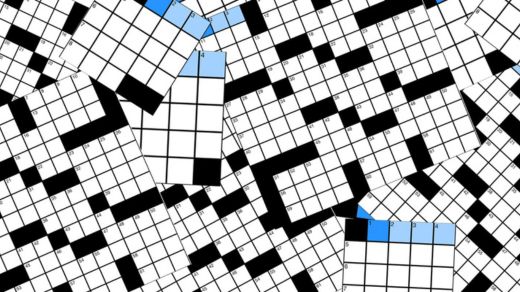Crossword puzzles are a beloved pastime for many, but what happens when a clue is deliberately misleading or incorrect? Unfortunately, faked crossword clues have become a common occurrence in the world of puzzles, causing frustration and confusion for solvers. In this article, we’ll take a closer look at what faked crossword clue are, why they happen, and how to spot them.
What are Faked Crossword Clues?
Faked crossword clues are clues that have intentionally misleading or incorrect information. This can happen in a variety of ways, including misspelling a word, using a word with a different meaning than intended, or providing an incorrect definition or synonym. The goal of a faked clue is to trick the solver into filling in the wrong answer, making the puzzle more challenging or even unsolvable.
Why Do Faked Crossword Clues Happen?
Faked crossword clues are not always intentional. Sometimes, they are the result of human error, such as a crossword compiler accidentally mistyping a word or providing the wrong definition. Other times, faked clues may be the result of a desire to make a puzzle more difficult or to fit a certain theme. In some cases, faked clues may also be used as a form of humor or satire.
How to Spot Faked Crossword Clues
Spotting a faked crossword clue can be challenging, but there are a few key things to look out for. First, consider whether the clue seems overly difficult or convoluted compared to the others in the puzzle. If a clue seems out of place, it could be a sign that it’s faked. Second, look for clues that seem intentionally misleading, such as clues that use a word with a different meaning than intended. Finally, be wary of clues that seem to contradict other clues in the puzzle or that use words that don’t fit with the overall theme.
What to Do When You Encounter a Faked Crossword Clue
If you think you’ve encountered a faked crossword clue, the best thing to do is to double-check your answer against the other clues in the puzzle. If your answer seems to fit with the overall theme and is supported by other clues, it’s likely that the faked clue was unintentional. However, if your answer doesn’t make sense or contradicts other clues, it’s possible that the clue was deliberately faked. In this case, you may need to consult a crossword puzzle dictionary or online resource to help you find the correct answer.
If you’re a fan of crossword puzzles, it’s important to remember that faked clues are relatively rare. Most crossword compilers take great care to ensure that their clues are accurate and fair, and mistakes are typically corrected before the puzzle is published. However, if you do encounter a faked clue, don’t let it discourage you. Remember that solving crossword puzzles is all about exercising your brain, and even a frustrating puzzle can be a valuable learning experience.
In addition to spotting faked clues, there are a few other tips that can help you become a better crossword solver. First, try to build up your vocabulary by reading widely and looking up unfamiliar words. The more words you know, the easier it will be to solve crossword puzzles. Second, learn to think creatively and look for multiple meanings or interpretations of clues. Finally, don’t be afraid to use resources like crossword puzzle dictionaries or online solver tools when you get stuck.
In Conclusion
Faked crossword clues can be frustrating and confusing for solvers, but with a little bit of awareness and attention to detail, they can be spotted and overcome. Whether intentional or unintentional, faked clues are just one of the challenges that make crossword puzzles such a beloved pastime.



